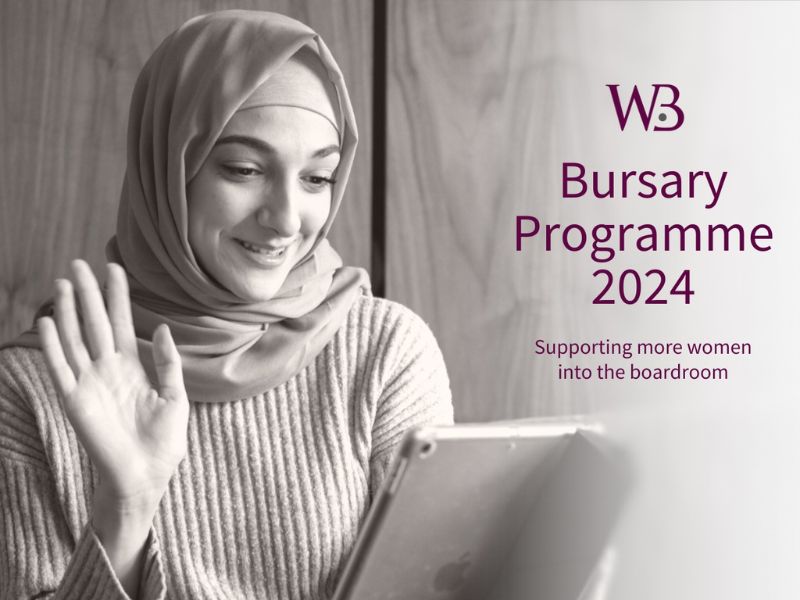Between studying for her GCSEs and practising the viola, Lili Evans has made some “feminist bracelets” to celebrate International Women’s Day on Friday. Before leaving for school she will email and tweet to fellow members of #twitteryouthfeministarmy, or TYFA for short, the social media group aiming to spread the word of feminism to girls as young as nine.
Started by some friends, the idea behind the teenage Twitter campaign is to “call out sexism on the internet”, says Evans, 15, of south London: “Twitter is where all the cool feminists are.”
Surveys and anecdotal evidence may suggest that few young women identify with the word feminism, fearing it sits at odds with a desire to wear makeup or heels. Yet there are increasing signs of an interest in gender equality issues among these same young women, who are now turning to social media such as blogs, Twitter and Facebook to reach out to fellow activists or just to share experiences and seek advice about what can be done.
Laura Bates, the founder of the #everydaysexism campaign, says that 10% of its more than 20,000 entries detailing harassment come from under-16s, with many more from colleges.
Campaign group UK Feminista has been so inundated with requests to speak to schools around the country that it has now launched a two-year programme of workshops and campaigns aimed at secondary pupils. Called Generation F: Young Feminists in Action, it comes as the government considers a cross-party bid to make sex and relationship education compulsory in schools.
Kat Banyard, UK Feminista’s founder, describes school as “the new front line of feminism”.
More traditional organisations have also decided to speak out, among them Girlguiding, which is launching its first advocacy and campaigning project to mark Friday’s International Women’s Day. More often described as the Women’s Institute for girls, the 500,000-member organisation describes its Girls in Action project as a way of teaching girls to campaign on important matters such as gender inequality and violence against women and girls.
Jo Hobbs, director of guiding services, said: “We wanted to focus on gender as an issue. The campaign to end violence against women and girls can often focus on other parts of the world but it happens here too.”
Several new reports suggest that schoolgirls are being subjected to high levels of sexual harassment and bullying, partly as a result of the web. A report by Womankind Worldwide reveals that one in three young women experience sexual bullying in school, while close to one third of 16 to 18-year-olds admit to seeing sexual pictures on mobile phones at school a few times a month or more, according to the End Violence Against Women Coalition.
A survey for the Channel 4 programme Sex Education versus Pornography found three in 10 of 14- to 17-year-olds said they learn about sex from porn while 60% agreed that “pornography might give boys or girls false ideas about sex”.
Banyard says UK Feminista’s latest campaign, funded by the Esmee Fairbairn Foundation, is designed to “raise awareness around what feminism is and also trying to encourage schools to end violence against girls at school. Sexist bullying is basically an everyday experience for girls at school.”
Several of these campaigns avoid using the word feminism, however, which has been subject to stigma at least since the equal rights battles of the 1970s. Kate Nash, the singer-songwriter who spoke at an educational summit at the Women of the World festival in London’s Southbank centre on Thursday, said: “It’s less about having to call yourself anything and more about discussing why the word has such a stigma and all the challenges women face.”
Saying she “proudly calls herself a feminist”, Nash added: “You just have to read a newspaper to feel that sexism is really prevalent and that feminism is still important.”
An outspoken critic of sexism in the music industry, Nash has also run after-school music clubs for girls for the past 18 months as a way of addressing the issue and giving girls the confidence to perform.
Bates, 26, says: “Young women don’t really care about the word itself. They are choosing what they want to care about, from street harassment to violence, without necessarily subscribing to the word feminism.”
This may not be a bad thing, she says, and is more in keeping with a world in which online petitions can bring about local change such as the pressure on Lego to drop its association with the Sun or indeed the NoMorePage3 campaign which has more than 80,000 signatures.
“It feels like such a broad and inclusive movement that nobody feels like they have to sign up for a manifesto,” says Bates, who says she has spoken to about 10 universities in the past few months. “It’s about saying here is a real problem so let’s stand up and get it fixed. Not get hung up on the way we define ourselves. It’s very grassroots.”
Although Girlguiding’s relatively new chief executive Julie Bentley called it “the ultimate feminist organisation” in her first interview, the group avoids the use of the word in the prepared press release for Girls in Action, preferring to focus on the term empowerment.
Yet there has been an increase in feminist societies being set up at schools and universities. Tania Shew, 17, a student at Camden School for Girls, is among members of the feminist society which put pressure on the local Tesco store to stop displaying “lads mags” such as Nuts and Loaded with graphic pictures of scantily clad young women on a low shelf next to the sandwich bar. She wrote a blog claiming victory when the magazines were moved.
Evans, who spoke at the recent Student Feminist conference, says some of her friends have revealed some “very, very weird misconceptions” when asked what feminism meant. “One girl thought it meant someone who won’t have babies because they just want a high-powered job. I hadn’t heard that before and thought it was a bit weird.”
Campaigners cite the Who Needs Feminism? campaign started by 16 women at Duke University in the US for the fresh crop of societies.
The women, who declared the need for a “PR campaign for feminism”, wrote in a manifesto: “Identify yourself as a feminist today and many people will immediately assume you are man-hating, bra-burning, whiny liberal. Perhaps a certain charming radio talk show host will label you as a ‘Feminazi’ or ‘slut’.
“Even among more moderate crowds, feminism is still seen as too radical, too uncomfortable, or simply unnecessary. Feminism is both misunderstood and denigrated regularly on a broad societal scale.”
The group decided not to release a single, “official” definition of feminism preferring to “encourage you all to keep defining it yourselves …”. Many students and young women seem to be doing just that.








